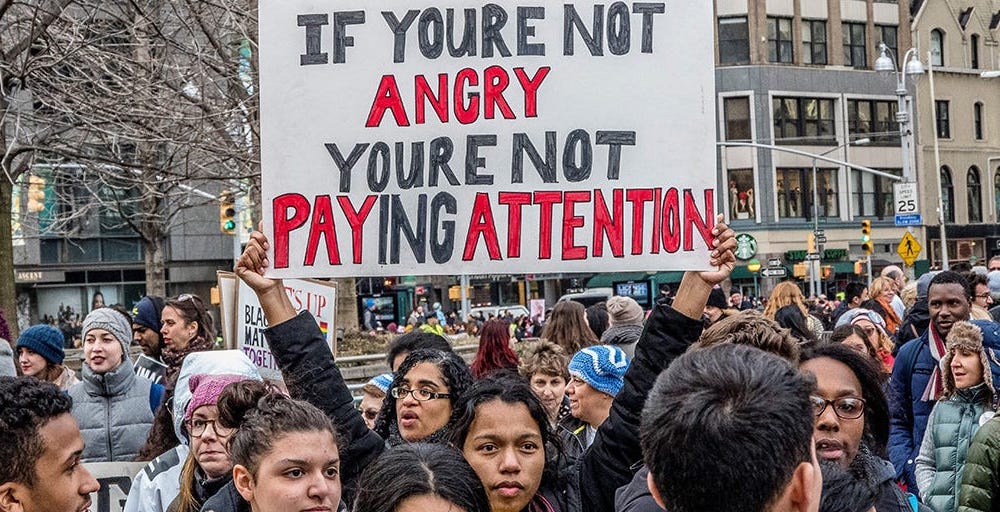Now Reading: The Long-Term Impact of Car Accident-Induced Brain Injuries: A Legal Perspective
-
01
The Long-Term Impact of Car Accident-Induced Brain Injuries: A Legal Perspective

The Long-Term Impact of Car Accident-Induced Brain Injuries: A Legal Perspective
Car accidents can lead to a wide range of injuries, but few are as complex and life-altering as brain injuries. Unlike visible wounds, brain injuries often go undetected at first, yet they can have lasting physical, emotional, and financial effects. Understanding the common brain injuries from car accidents and their long-term consequences is crucial—not only for receiving proper medical care but also for navigating the legal system and securing just compensation.
In this article, we explore how traumatic brain injuries (TBIs) from motor vehicle collisions can impact an individual’s life over time, and how legal professionals approach such cases to ensure victims are fairly represented.
What Are Common Brain Injuries from Car Accidents?
A car accident can result in a wide range of brain injuries, each varying in severity. Some of the most frequent types include:
- Concussions: Caused by a sudden blow or jolt to the head, concussions can disrupt normal brain function temporarily or lead to post-concussion syndrome if symptoms persist.
- Contusions: These are brain bruises caused by direct impact, sometimes requiring surgical intervention if bleeding is severe.
- Coup-contrecoup injuries: These occur when the brain hits both sides of the skull due to forceful impact, causing damage in multiple areas.
- Diffuse axonal injuries: Typically caused by high-speed collisions, this injury involves tearing of brain tissue and is often severe.
- Penetrating injuries: When an object pierces the skull and brain tissue, the damage can be catastrophic or fatal.
These common brain injuries from car accidents often require extensive diagnostics and treatment, and they can significantly influence a person’s legal claims.
Long-Term Medical Effects
While some brain injuries heal within weeks, others result in chronic complications that can last a lifetime. Victims may experience:
- Cognitive difficulties: Issues with memory, attention, problem-solving, and language.
- Emotional instability: Depression, anxiety, mood swings, and personality changes.
- Physical impairments: Headaches, dizziness, fatigue, and motor function loss.
- Sensory problems: Vision or hearing issues, sensitivity to light or sound.
- Sleep disorders: Insomnia or disrupted sleep cycles.
In many cases, individuals are never quite the same again. The full extent of damage may not surface immediately, which is why early and ongoing neurological assessments are critical. Seeking trauma therapy is often recommended to help patients manage the emotional and cognitive challenges that follow a serious accident.
The Financial Toll of Brain Injuries
The cost of treating brain injuries can be staggering. Expenses include:
- Emergency care and hospital stays
- Surgeries and medications
- Long-term physical therapy
- Cognitive and psychological counseling
- Home modifications and assistive devices
- Loss of income and reduced earning capacity
The cumulative effect can push families into financial distress. This is where the legal system becomes an essential support mechanism.
Legal Ramifications of Brain Injuries in Car Accidents
When a brain injury occurs due to another party’s negligence—be it distracted driving, speeding, or driving under the influence—the victim has the right to pursue a personal injury claim. Legal professionals specializing in brain injury cases consider the following elements:
1. Causation and Liability
Establishing that the injury directly resulted from the car accident and not a pre-existing condition is crucial. This often involves reviewing police reports, medical records, and eyewitness testimony.
2. Expert Medical Testimony
Because brain injuries are complex, legal teams frequently consult neurologists, neuropsychologists, and rehabilitation experts. These professionals help explain the injury’s severity and its long-term implications to a jury.
3. Calculation of Damages
Attorneys assess both economic and non-economic damages, including:
- Past and future medical bills
- Lost wages and diminished earning potential
- Pain and suffering
- Loss of enjoyment of life
- Emotional distress
In severe cases, where victims require lifelong care, settlements or verdicts can reach into the millions.
The Challenge of “Invisible” Injuries
Brain injuries are often referred to as invisible disabilities. This invisibility poses a challenge in court. A person may look physically fine, but still struggle with debilitating cognitive and emotional symptoms. Jurors may need education to fully grasp the profound impact such injuries have on daily functioning.
That’s why building a compelling, evidence-backed narrative is vital. Attorneys must not only present facts but tell a human story that resonates.
Statute of Limitations and Filing a Claim
In most U.S. states, personal injury claims must be filed within a specific time frame—commonly two to three years from the date of the accident. However, in brain injury cases, delayed symptoms or diagnoses can complicate the timeline.
An experienced attorney can argue for tolling the statute of limitations based on the “discovery rule”—where the clock starts when the injury is discovered, not necessarily when the accident occurred.
Why Legal Representation Matters
Navigating the legal landscape after a car accident is daunting, especially when dealing with a brain injury. Insurance companies may attempt to downplay the injury or offer low settlements. Without legal representation, victims risk accepting compensation that doesn’t reflect the full scope of their losses.
By working with a personal injury attorney who understands common brain injuries from car accidents, victims stand a far better chance of recovering damages that truly address both immediate and lifelong consequences.
Final Thoughts
Brain injuries from car accidents are not only medically complex—they’re legally intricate as well. Their long-term effects can derail careers, relationships, and everyday independence. Victims deserve both medical care and legal advocacy tailored to their needs.
If you or someone you know has suffered a brain injury due to a car crash, consult a legal professional without delay. The law may be your most powerful ally in securing the support and compensation necessary for recovery and stability.










